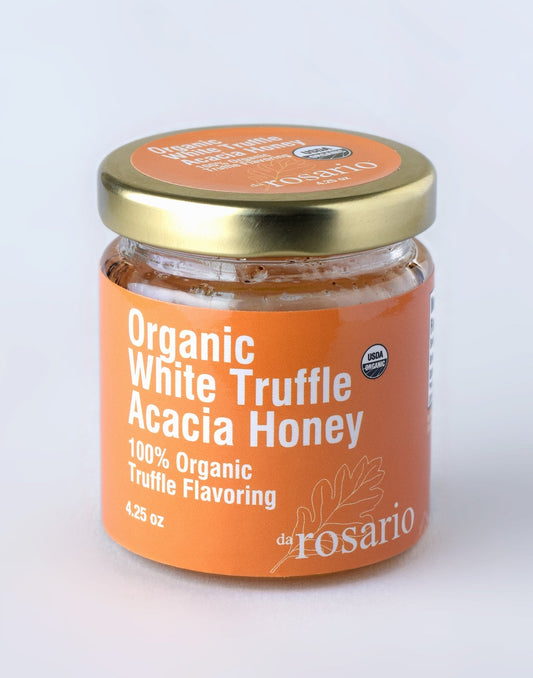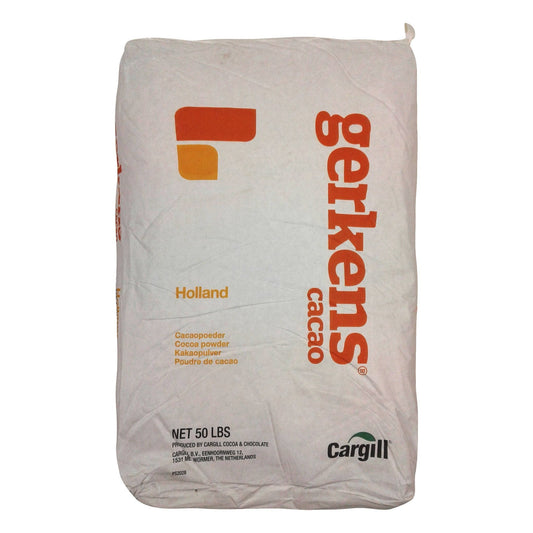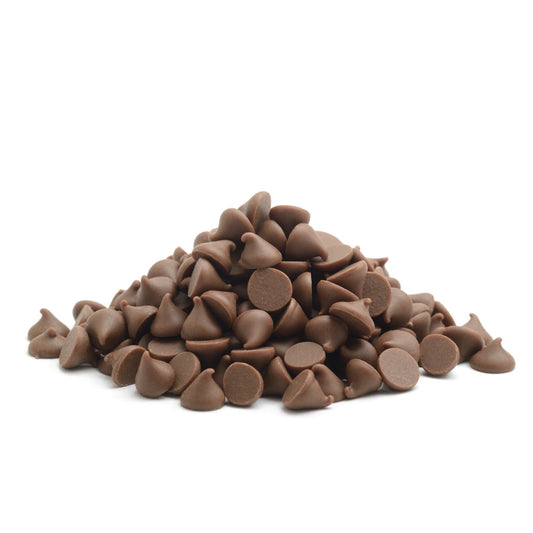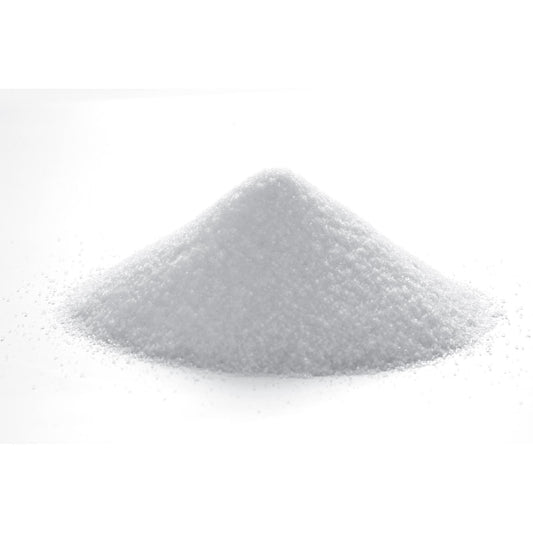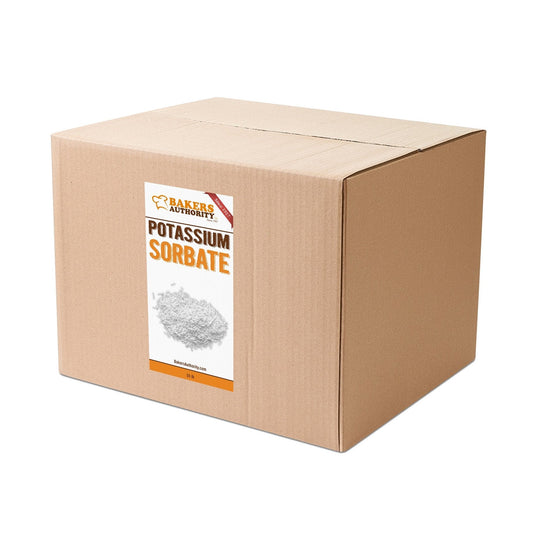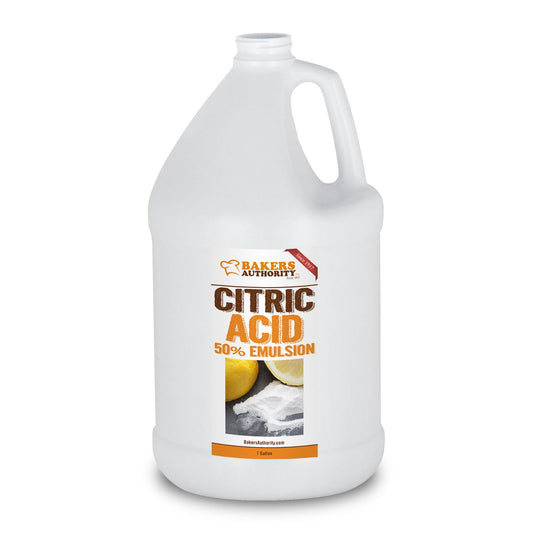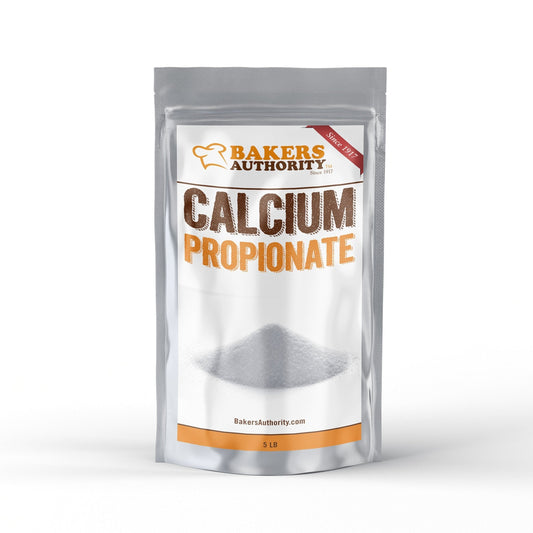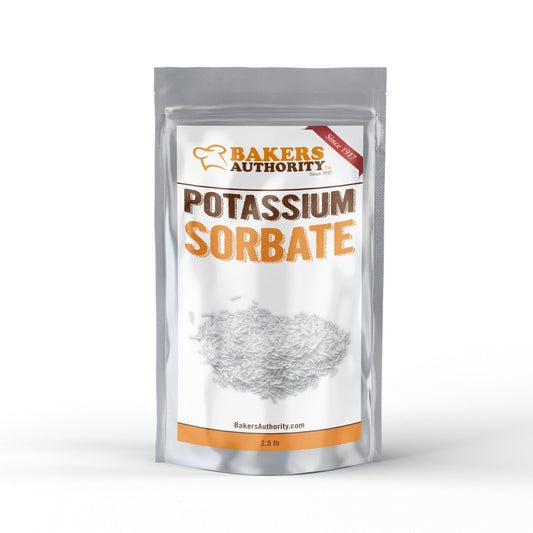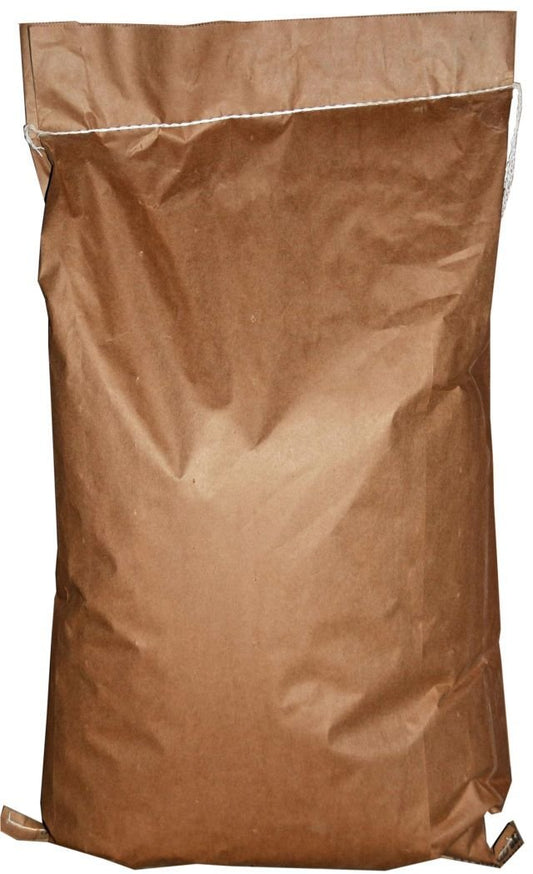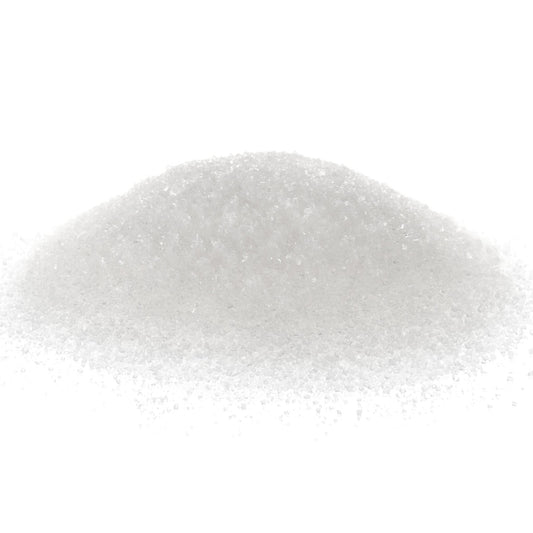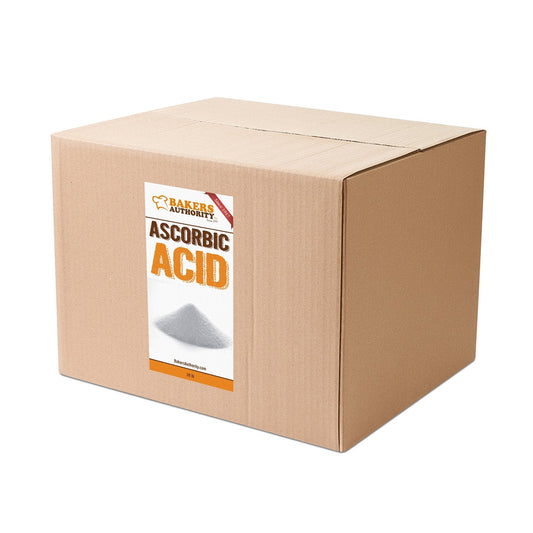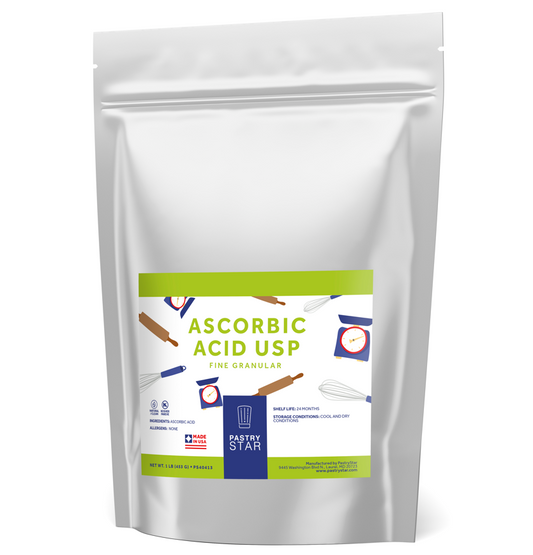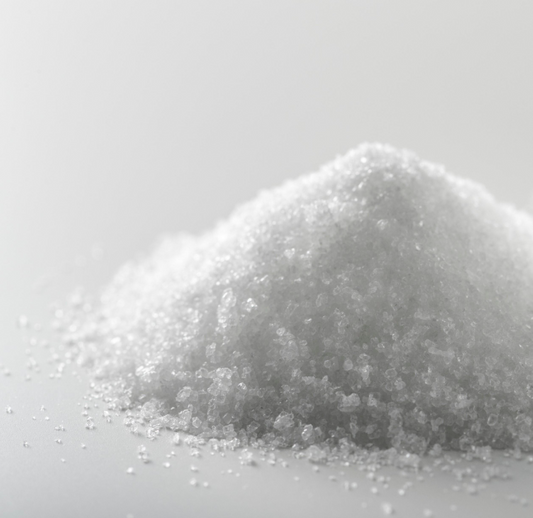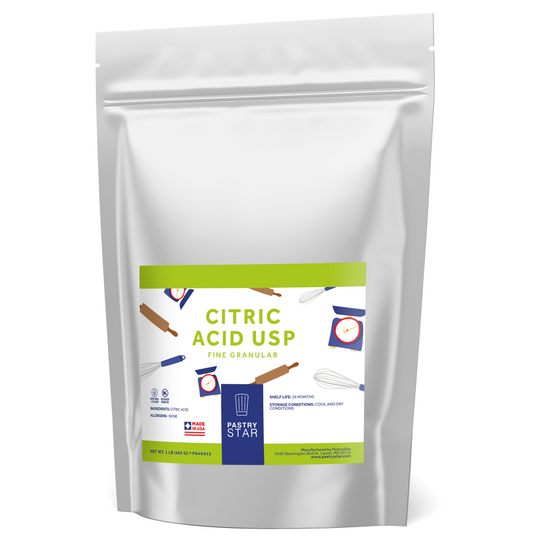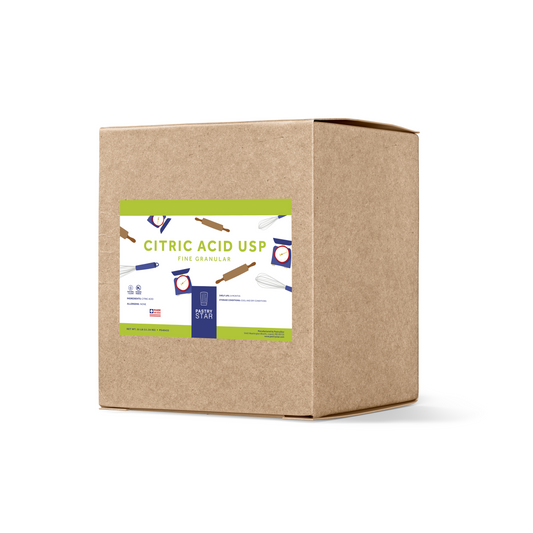-
Vendor:Bakers Authority
Calcium Propionate 50lb
Regular price $136.84Regular priceUnit price per -
Vendor:AIC
Potassium Sorbate
Regular price $428.49 / 50 lbRegular priceUnit price per/ 50 lbSale price $428.49 / 50 lb -
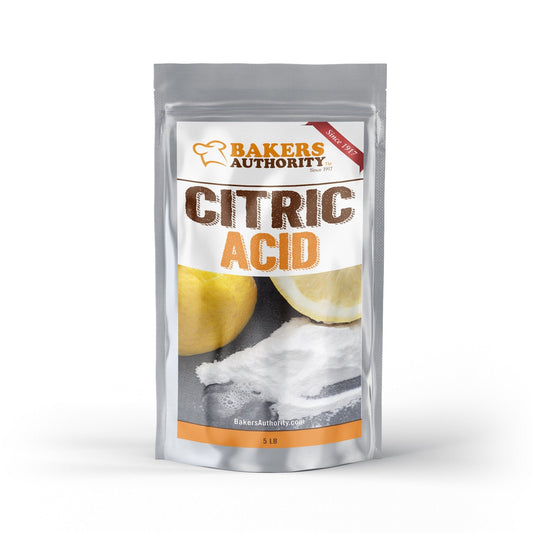 -86%Vendor:Bakers Authority
-86%Vendor:Bakers AuthorityCitric Acid
Regular price $19.25 / 50 lbRegular priceUnit price per$131.55 / 50 lbSale price $19.25 / 50 lbSale -
Vendor:Bakers Authority
Liquid Citric Acid (50%)
Regular price $49.75Regular priceUnit price per -
Vendor:Bakers Authority
5LB Calcium Propionate
Regular price $18.22Regular priceUnit price per -
Vendor:Bakers Authority
5LB Potassium Sorbate
Regular price $41.05Regular priceUnit price per -
Vendor:Bakers Authority
Sodium Benzoate 55Lb BBD 06/25/2024
Regular price $279.72Regular priceUnit price per$279.72Sale price $279.72 -
Vendor:Ningbo Wanglong Technology
Sorbic Acid
Regular price $544.32Regular priceUnit price per -
Vendor:Hebei Welcome Pharmaceutical
Ascorbic Acid (SPECIAL ORDER)
Regular price $597.24Regular priceUnit price per -
Vendor:PastryStar
PastryStar Ascorbic Acid USP
Regular price $468.72Regular priceUnit price per -
Vendor:PastryStar
PastryStar Citric Acid USP
Regular price $150.61 / 25LBRegular priceUnit price per/ 25LBSale price $150.61 / 25LB -
Vendor:Abel & Schafer
Sodium Hydroxide
Regular price $227.55Regular priceUnit price per
Frequently Asked Questions
-
What are preservatives and why are they important for commercial baking?
- Preservatives are substances added to foods, particularly baked goods, to prevent spoilage from microorganisms like mold, yeast, and bacteria. They ensure longer shelf life, consistent product quality, and reduced food waste, making them critical for commercial bakers who produce in bulk.
-
Are there natural preservatives available for commercial baking?
- Yes, there are natural preservatives like ascorbic acid (vitamin C), citric acid, and rosemary extract that are often used in commercial baking. They offer a cleaner label option for bakeries aiming to produce more natural or organic products.
-
How can I determine the right amount of preservative to use in my recipes?
- Always refer to the manufacturer's guidelines on the preservative product label. The recommended amount varies based on the type of baked good, its water content, pH level, and the specific preservative used. A good rule of thumb is to start with the lowest recommended amount and adjust based on shelf-life testing results.
-
Do preservatives change the taste or texture of baked goods?
- When used in appropriate amounts, preservatives generally don't impart a noticeable taste or change in texture. However, overuse can affect the overall sensory qualities of the product. It's crucial to strike the right balance to maintain the desired taste and texture while ensuring product safety and shelf life.
-
Are there any regulations I should be aware of when using preservatives in commercial baking?
- Yes, different countries and regions have specific regulations governing the use of food preservatives, including permissible types, maximum allowable levels, and labeling requirements. It's essential to be familiar with the local regulatory guidelines when incorporating preservatives into your products.
-
How can I assure my customers that my baked goods with preservatives are safe to consume?
- Transparent labeling and education are key. Clearly list all ingredients, including preservatives, on product packaging. Additionally, consider providing educational materials on your website or in-store displays that explain the benefits and safety of the preservatives you use.
-
How should I store preservatives to maintain their effectiveness?
- Most preservatives should be stored in a cool, dry place, away from direct sunlight. Ensure that containers are tightly sealed to prevent contamination and degradation. Always check the product's label for specific storage recommendations.
-
Can I mix different preservatives in one recipe?
- It's possible, but caution is advised. Combining preservatives can result in synergistic effects, where their combined action is stronger than each one acting alone. On the other hand, some combinations might be incompatible or counteract each other. Always conduct thorough testing before finalizing a formulation with multiple preservatives.

